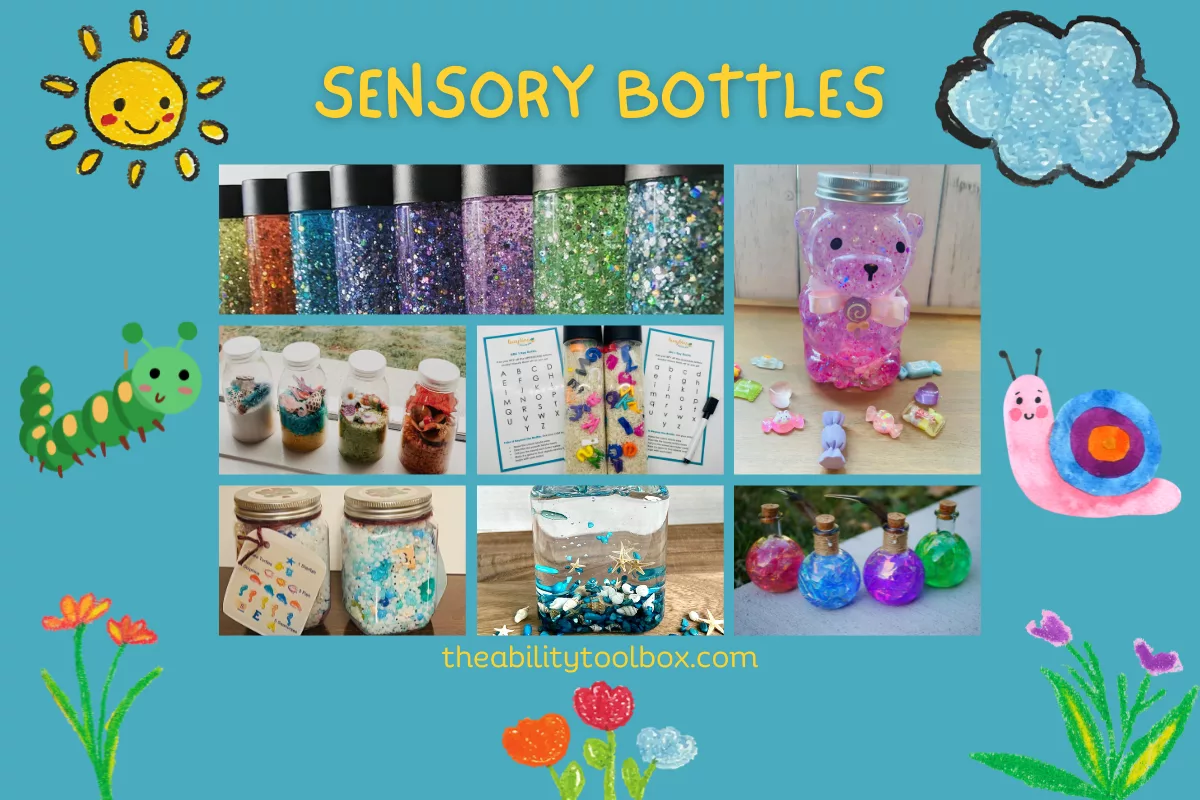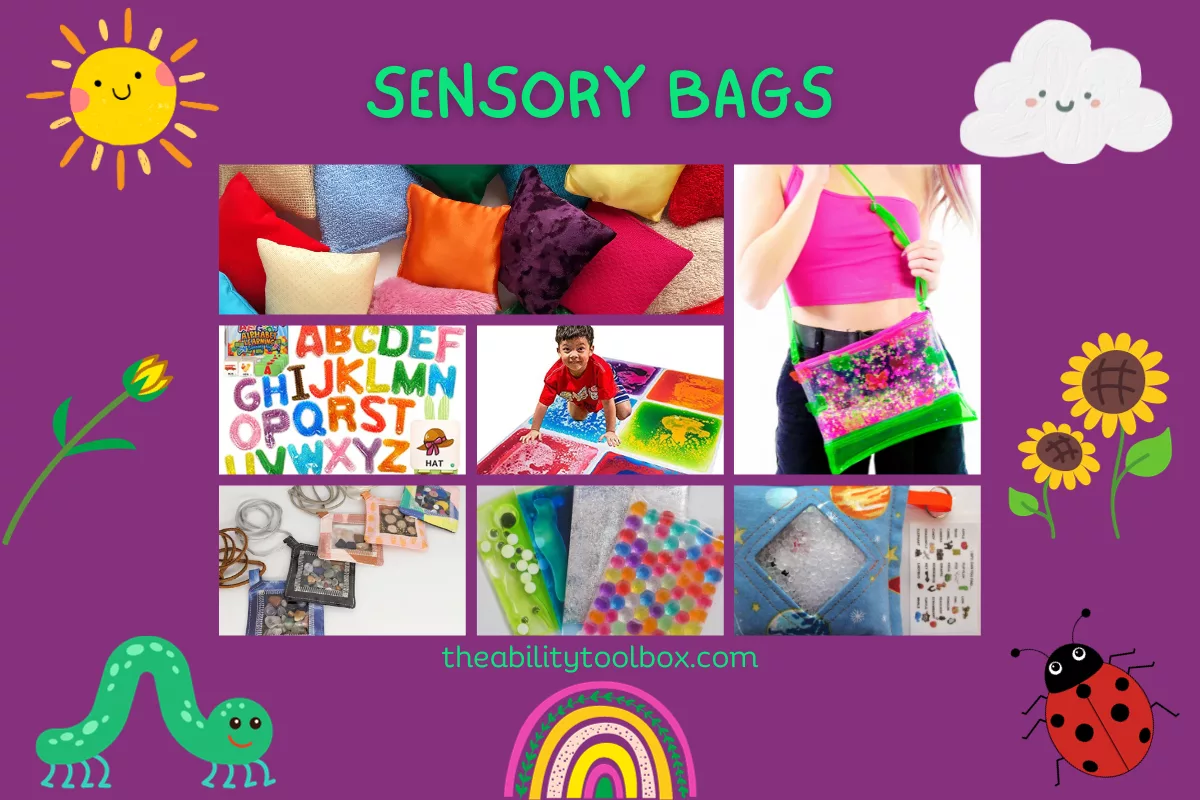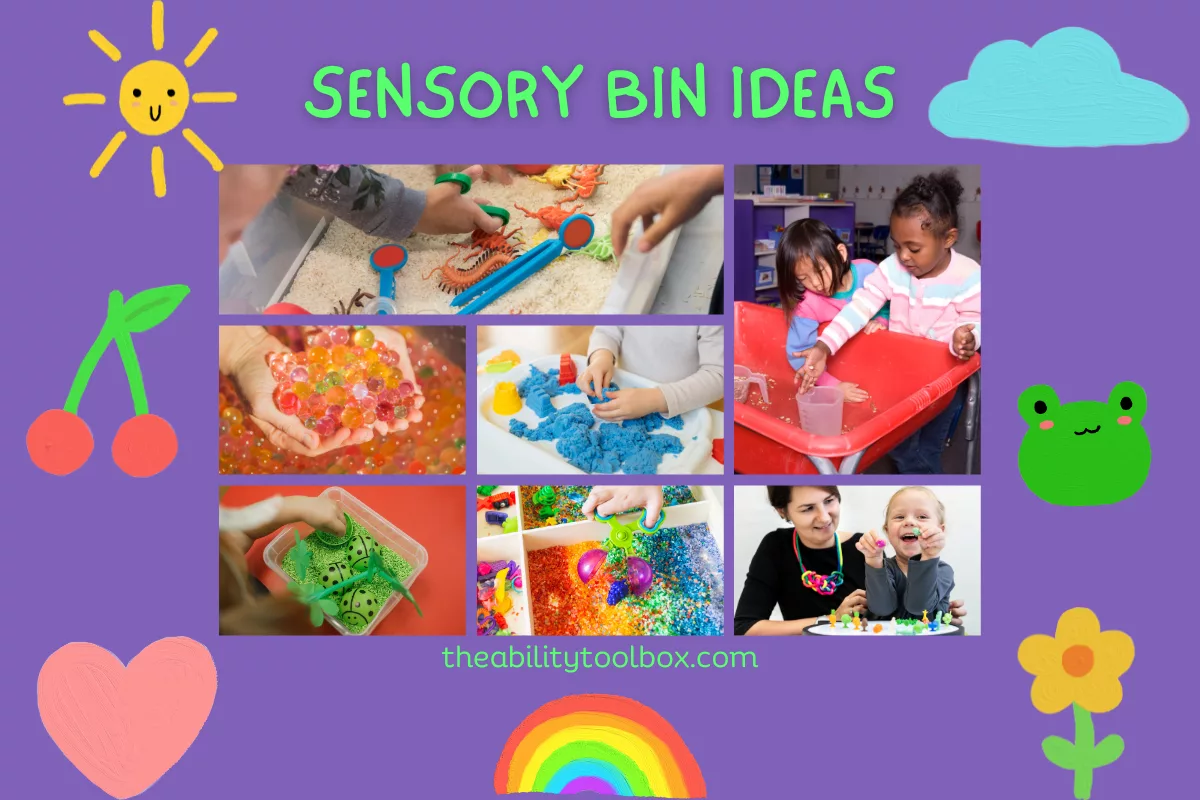As a parent, you want your child to do well in school, and staying organized is a key factor in having a successful school career at all ages. It can be challenging to help your child develop good organizational habits, especially if your child is neurodivergent and struggles with executive dysfunction, but it is essential to start early and establish a routine that works for both you and your child. As schools make technology more accessible through the use of laptop computers, apps for school organization and programs such as Google’s G-Suite are becoming the norm for education. Below are several strategies to set your child up for success for years to come.
Establish a Designated Study Space
One of the best ways to keep your child organized at school is to establish a designated study space at home. This space should be quiet, low-sensory, and free from distractions such as television, video games, and loud music. It should also be well-lit and have a comfortable chair, desk, or table.
While you want to avoid distractions, you should allow your child to personalize the space. Adding decor and assisting with the layout of this space will give them a sense of ownership and contribution. They can also be involved in organizing the supplies and maintaining the area.
By having a designated study space they have helped to create, your child will be able to focus on their work without getting distracted and gain confidence and knowledge on how to set up a workspace for themselves easily. It will also help them to develop a routine and establish good study habits.
Schedule Study Time
Once the space is designated, you will want to help them schedule time daily to use their new space! Encouraging them to develop a consistent routine of scheduled time exclusively for studies will help build the habit.
Look over their daily and weekly schedule to determine a time they can set aside to sort through their assignments from the day, as well as check in on larger projects that need to be done in segments. This will be a time for them to complete any homework and revisit any challenging subject matter they have encountered.
Revisiting their work from the day will help them organize their thoughts and reaffirm techniques learned in class. This is also an excellent time for them to come up with any follow-up questions they may need to speak to their instructor about.
Remember a snack during study time! Adding a healthy snack and drink to study time will eliminate those factors as distractions and give them the stamina to power through a tedious task.
Use a Planner or Calendar
A planner or calendar is an excellent tool for keeping your child organized at school. It allows them to keep track of important dates, such as assignments, tests, and extracurricular activities. It also helps them to prioritize their tasks and manage their time effectively.
When choosing a planner or calendar, ensure it is something your child will enjoy using. You can even let them pick out a planner or calendar that reflects their personality and interests.
Encourage them to keep this planner with them during the day and use it to keep track of fun items, such as birthdays, holidays, and small celebrations to reflect on. Having something fun to look at will help build a habit of utilizing the planner and enjoying the process of keeping track.
Develop a Morning Routine
A morning routine is a great way to start the day on the right foot. It can help your child to feel more prepared and organized for the day ahead. A morning routine can include making the bed, getting dressed, eating breakfast, and packing their backpack.
By establishing a morning routine, your child can start the day with a sense of purpose and structure. This will help them to feel more organized and focused throughout the day.
Encourage Your Child to Use Folders and Binders
Using folders and binders is a simple yet effective way to keep your child organized at school. Encourage your child to use a different folder or binder for each subject and label them accordingly. This will help them to keep their notes, assignments, and other materials organized and easily accessible.
You can also teach your child how to prioritize their work and keep their folders and binders tidy to help them to stay on top of their assignments and avoid losing important papers.
Encourage them to revisit previous work frequently and clear out any assignments that are no longer relevant.
Teach Them How to Outline Large Assignments
One of the biggest challenges for students is managing large assignments or projects. To help your child stay organized, teach them to break down these assignments into smaller, more manageable tasks on a checklist. This will make the work less overwhelming and help them to stay on track.
You can also help your child to establish deadlines for each task and set aside time each day to work on the assignment — a technique that will help them to avoid procrastination and complete the project on time.
Help Them Prioritize Their Tasks
Teaching your child to prioritize their tasks is an essential organizational skill. Help your child to identify the most important tasks and complete them first. They will then be able to stay on track and avoid getting overwhelmed.
Another beneficial method involves teaching your child to differentiate between urgent and non-urgent tasks. They will then be able to manage their time effectively and avoid leaving important tasks until the last minute.
Lead by Example
There are many techniques and hacks to teach your child to stay organized mentally and materially to set them up for success. Remember that you know your child better than anyone and can help them customize an organizational plan to fit their style and set them up for future success.
The most important thing you can do is to set an organized example as a parent. Practicing organized habits in other aspects of your family life will make it easier for them to embrace organization. Encourage them along the way to try different techniques and see what may work best for them, and don't be afraid to change up the routine as needed!
Image by Elnur via Deposit Photos
Follow me down the rabbit hole!
I'm Alice and I live with a dizzying assortment of invisible disabilities, including ADHD and fibromyalgia. I write to raise awareness and end the stigma surrounding mental and chronic illnesses of all kinds.








